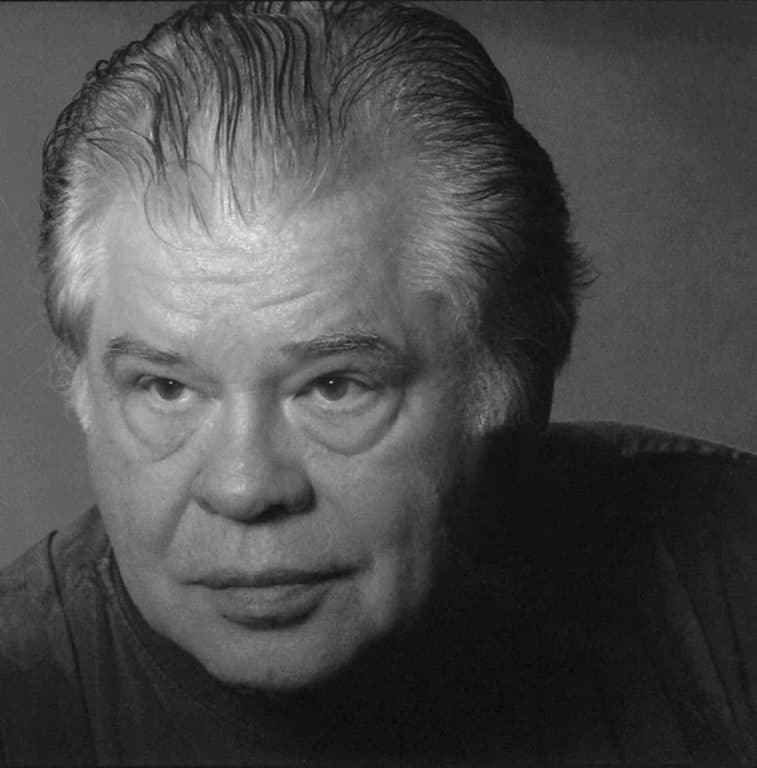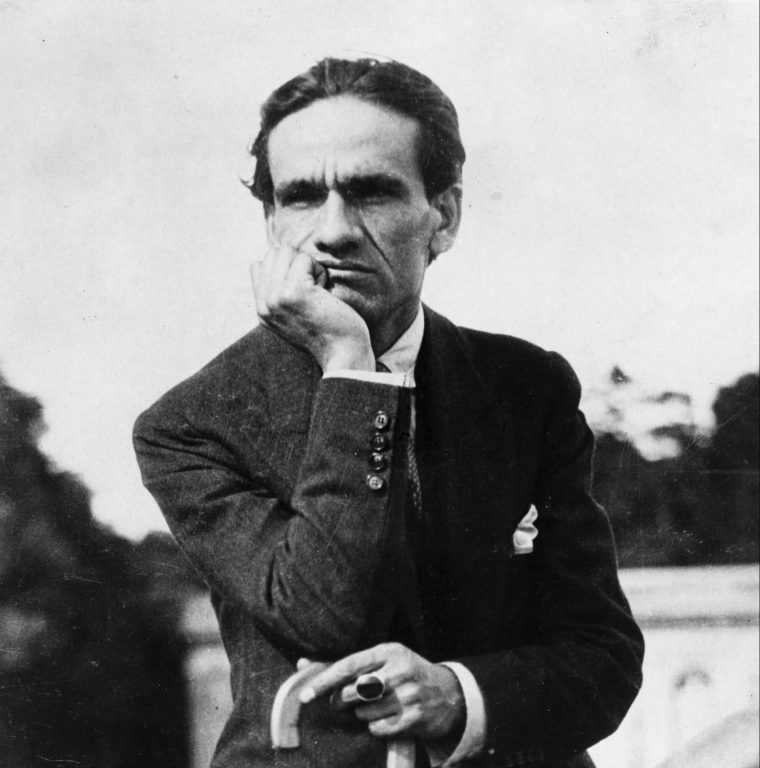Over the holiday season, let’s take time to enjoy again some of our Poem of the Week favourites.
Suzanne Buffam is careful to title a goodly portion of her collection The Irrationalist as “Little Commentaries” instead of, say, “Wee Aphorisms” or “Tiny Truisms”. As befits the delightfully rueful tone of the entire collection, Buffam is…
Over the holiday season, let’s take time to enjoy again some of our Poem of the Week favourites.
Suzanne Buffam is careful to title a goodly portion of her collection The Irrationalist as “Little Commentaries” instead of, say, “Wee Aphorisms” or “Tiny Truisms”. As befits the delightfully rueful tone of the entire collection, Buffam is self-effacing about her brief, sometimes pointed, sometimes whimsical blank verse observations. They’re not aphorisms, concise statements capturing agreed-upon principles. Nor are they necessarily truisms, statements of self-evident truths so obvious they almost don’t merit comment. Calling these charming snippets “commentaries”, though, does suggest a level of assessment, versus straight, ostensibly unbiased observation. What exactly is Buffam contemplating in “On Joy” then?
Because On Joy is so succinct, it allows you to concentrate on and weigh every single word. Because you know Buffam has classified it as a commentary, you find yourself going over and over these two lines, searching for and trying to understand what is possibly being judged or opened for debate. Is joy unmixed with sorrow then pure joy, or just joy mixed with … other elements? Let’s assume it’s pure joy. Pure joy – a good thing – is like a fountain – another good thing, especially when it’s operating and splashing and sparkling … but when the fountain is not operating at night, is that no longer a good thing? So, pure joy is … something not so good? Or does that mean that joy mixed with sorrow, or mixed with other things, is like a fountain turned on during the day, in the clear light, splashing and sparkling? Or does it mean that true, pure joy is what we enjoy after the light has faded and the fountain – however lively and musical and refreshing, but maybe also kind of noisy and messy – has been shut off and we can revel in the silence that follows?
For a little commentary, “On Joy” offers much to ponder.




